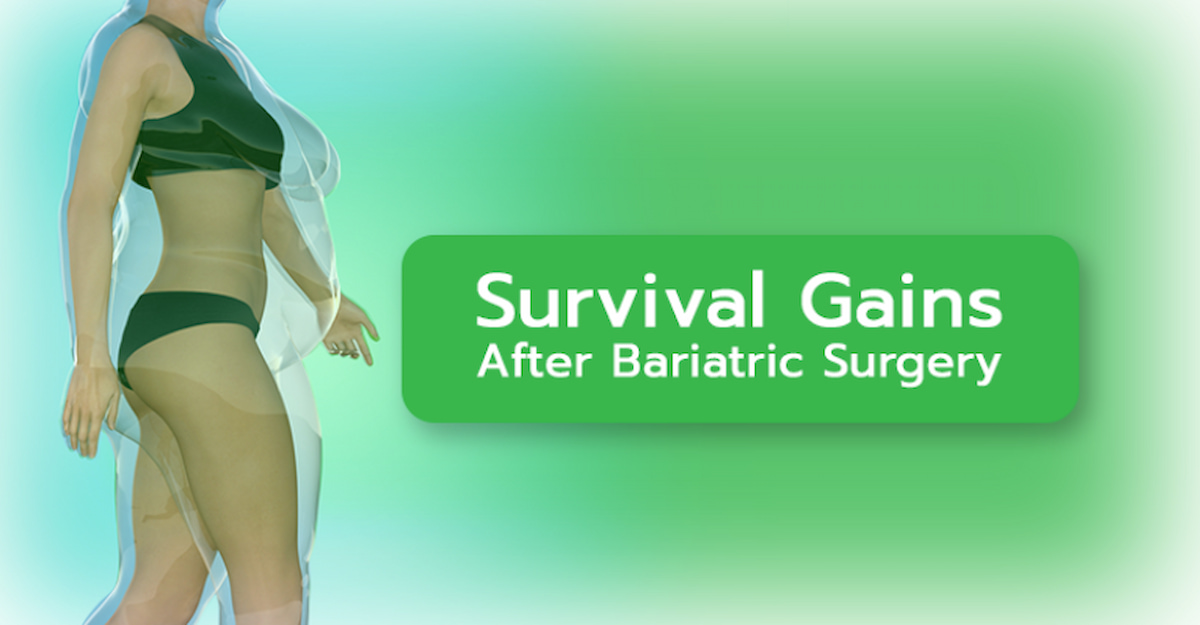The Skinny on Weight Loss Medications Diet and exercise can only take some people so far: many of our patients...

Binge eating disorder is the most common eating disorder in this country. More than three out of 10 women and two out of 10 men have it. The team at Texas Laparoscopic Consultants is very familiar with binge eating disorder, because as many as 30 to 40 percent of people seeking weight loss treatment may be diagnosed with binge eating disorder. It affects people of all ages, races, incomes and levels of education.
What Is Binge Eating Disorder?
A binge eater has recurring episodes of binge eating (i.e., eating an amount of food that is larger than “normal” in a short period of time), experiencing a lack of control while eating and subsequently feeling distress, guilt and shame afterward.
According to the American Psychiatric Association, episodes may involve eating more quickly than normal, eating until there is a feeling of uncomfortable fullness and/or eating without feeling hungry. Episodes occur at least once a week, on average, for at least three months. Binge eaters usually eat alone because they feel embarrassed by how much food they consume. Binge eating is not followed by purging, excessive exercise or any other inappropriate compensatory behavior.
Why People Binge Eat
People may engage in repeated binge eating episodes for many reasons, including the following:
- Low self-esteem
- Body shame
- Stress
- Poor coping skills
- Trauma or loss
- Drug/alcohol addiction
Co-Morbidities
People that suffer from binge eating disorder are more likely to be overweight. The extra weight can put an individual at risk of complications such as type 2 diabetes, high blood pressure, heart disease, sleep apnea and osteoarthritis (among others).
Often, binge eating disorder is linked to symptoms of depression. Binge eating disorder was recognized as a formal diagnosis and entered into the fifth edition of the Diagnostic and Statistical Manual, published by the American Psychiatric Association.
Treatment
It is difficult to treat binge eating disorder without the help of a medical specialist. The National Eating Disorders Association estimates that 57 percent of people suffering from binge eating disorder do not receive the treatment they need.
For many people dealing with binge eating disorders, outpatient treatment is incredibly beneficial, but residential programs are available for those that need more intensive support. Individual and group therapy is also helpful.
The Obesity Action Coalition reports that a new stimulant medication called Vyvanse has been approved by the FDA for use in binge eating disorder patients. And, according to the Binge Eating Disorder Association, binge eating disorder treatment is starting to incorporate creative elements such as meditation/mindfulness practice, art therapy, yoga and, in some cases, equine therapy.
Help Is Only a Phone Call Away
Do you or a loved one suffer from the secrecy and shame of binge eating disorder? You are not alone, and help is available. Call the National Eating Disorders Associations’ free information helpline at 1-800-931-2237 or the Binge Eating Disorder Association at (855) 855-BEDA (2332) for more help.
The Texas Laparoscopic Consultants team is always available to answer your questions or point you in the direction of further resources. Contact us Today!












